US arms sales to Vietnam
US President Joe Biden went on a three day trip to Asia recently. His trip included stops in India for the G 20 Summit and on to Vietnam to upgrade their bilateral relations.
The purpose of this trip was to enhance US relations with regional countries, especially in a G 20 format, which is just a pretentious way of not saying what the true intentions of the US president are.
Joe Biden had said that his intentions to strengthen ties with China's neighbors weren't designed to ‘contain Beijing’, a phrase that he has repeated time and again.
He has said things like "I don't want to contain China. We're not trying to hurt China. America's goal is getting the relationship right".
I am sincere about getting the relationship right. And one of the things that is going on now is China's beginning to change some of the rules of the game.
US President, Joe Biden
But his visit to Vietnam right after the G 20 summit conveyed a different message. The two countries signed a historic agreement to elevate bilateral relations to the level of Comprehensive Strategic Partnership.
Joe Biden secured deals with Vietnam on semiconductors and minerals.
So important is Vietnam for the US that executives from Google, Intel, Amcor, Marvel, Global Foundries, and, Boeing, met with Vietnamese tech executives, along with the Secretary of State, Anthony Blinken, for more deals with semiconductors, the centerpiece of an action plan adopted during Biden's visit.
Why Vietnam is so important to the US is, obviously, that the US wants to rival China and at the same time, inflict economic damage, despite Mr. Biden saying the US is not trying to hurt China.
But the US has other plans for Vietnam, which it is yet to announce.
After the US and Vietnam elevated their relationship to a comprehensive strategic partnership there were reports that the US and Vietnam were negotiating a major arms deal, perhaps the biggest in their history, one that would involve F 16 fighter jets.
Here are some interesting facts about the US - Vietnam military relationship since an arms embargo was lifted in 2016.
Prior to this US arms exports to Vietnam were limited to just coast guard ships and trainer aircraft.
It is quite a leap from coastguard ships and trainer aircraft, to F-16 fighter jets.
Russia has supplied about 80% of Vietnam's military arsenal.
Yet Vietnam is just one of many countries that the US has been selling military equipment to the Asia Pacific region.
They include Osprey aircraft to Indonesia for $2 billion, $2 billion in missiles and upgrades to Taiwan, $30 billion to South Korea, $2 billion in attack helicopters as well as support boats to the Philippines and $23.11 billion to Japan for 105 F 35 joint strike fighter aircraft and related equipment.
No wonder China is angered. The US actions do not match its rhetoric when it comes to China. It is clear that Washington wants to militarize the region, as it did with NATO countries in Europe, the target there being Russia.
The Chinese Foreign Ministry spokesperson urged Washington to abandon its cold war mentality and to refrain from provoking an arms race in Asia.
China hopes that when developing bilateral relations and conducting military cooperation, relevant countries will effectively abide by the basic norms of international relations, abandon hegemony and cold war thinking stop provoking confrontation and stimulating arms races.
Wang Wenbin, Chinese Foreign Ministry Spokesperson
But that has fallen on deaf ears in Washington. The US has gone all out to align regional countries with it on issues like Taiwan, North Korea and the disputed islands are cards that the US plays to its advantage.
But the region will soon turn into a tinderbox if it hasn't already and it would only take one spark, such as the Taiwan or North Korea issue, for it to explode.
Dec. 21: ‘Axis of Resistance’ operations against Israeli occupation
Spain jurists demand ties with Israel ties be cut
VIDEO | Press TV's news headlines
VIDEO | Iran honors top Science Olympiad medalists
VIDEO | Austrians arrested at Gaza protest in Vienna
10 killed in bus crash in western Iran
VIDEO | One-man-band journalism with Civili
5 Israeli forces killed as Palestinian fighters face up to regime’s war machine


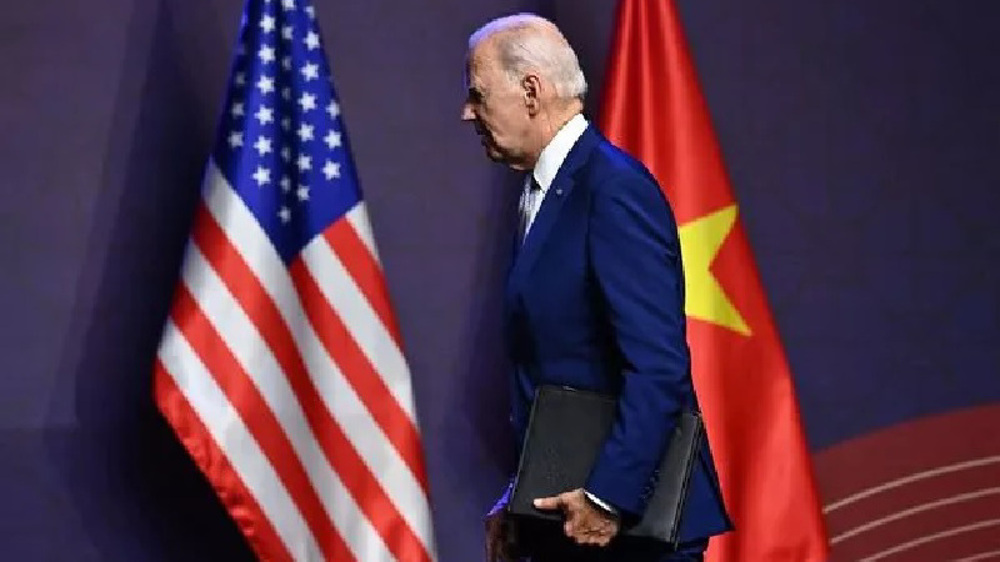
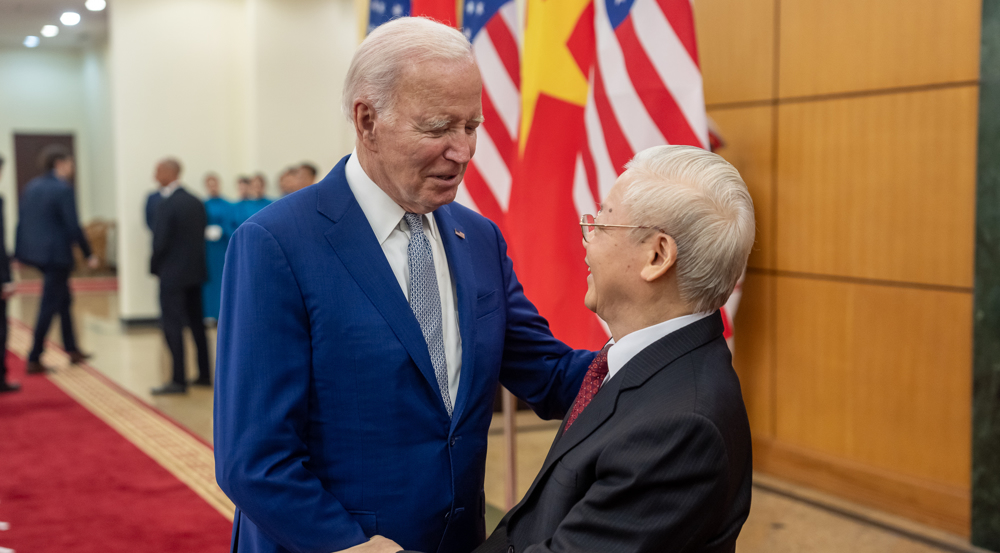

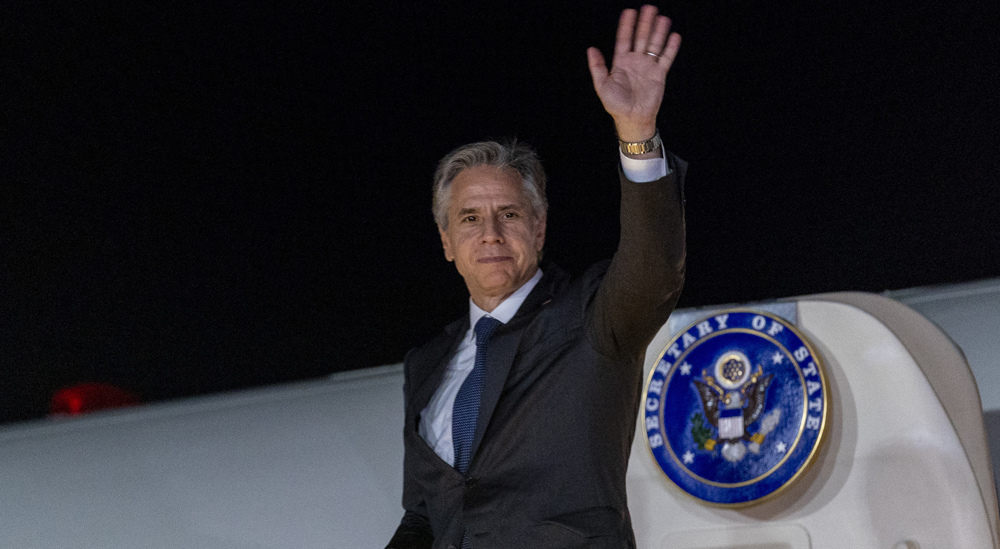
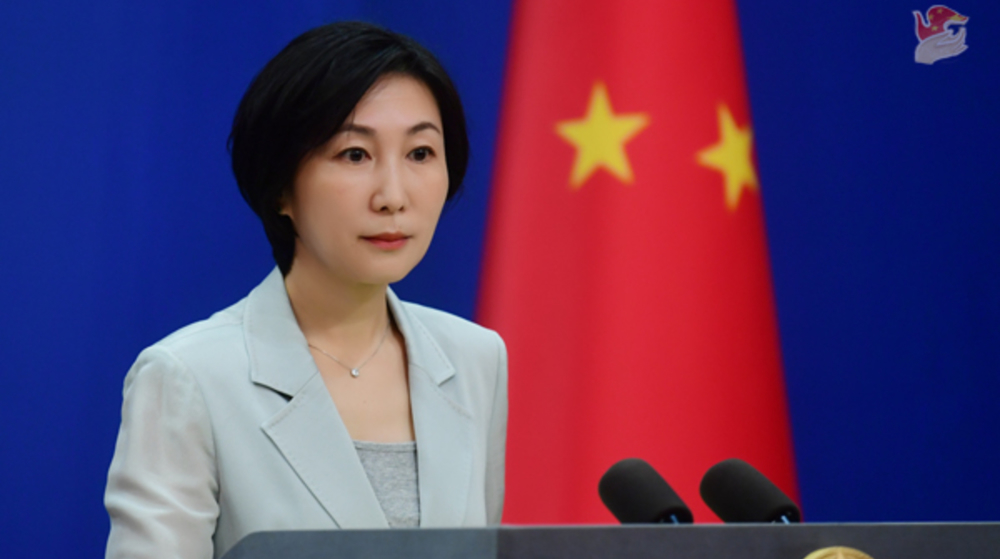
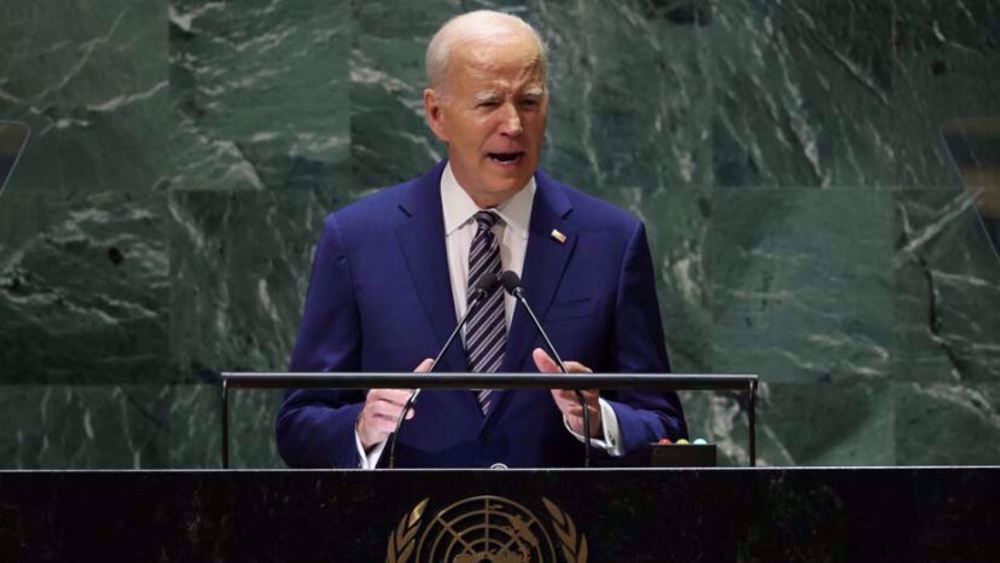






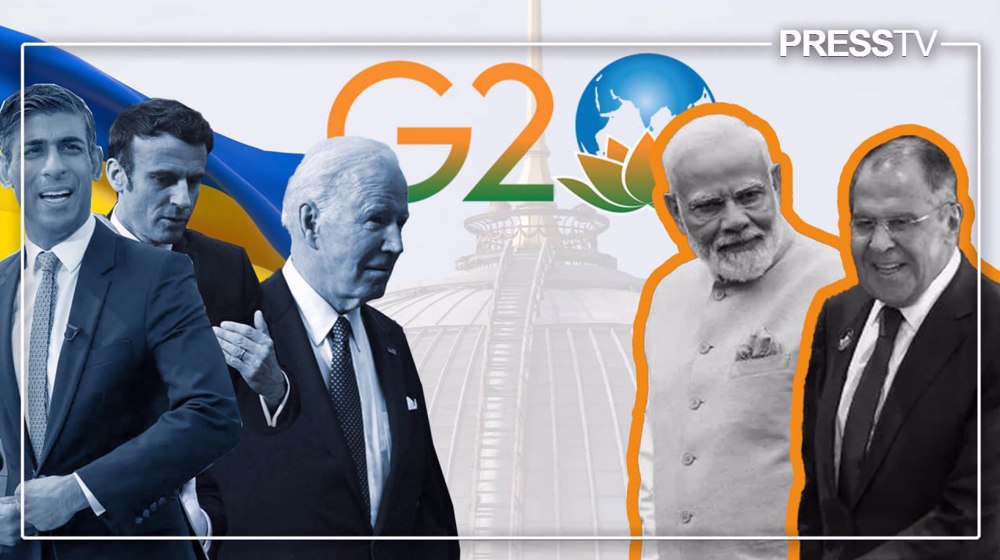
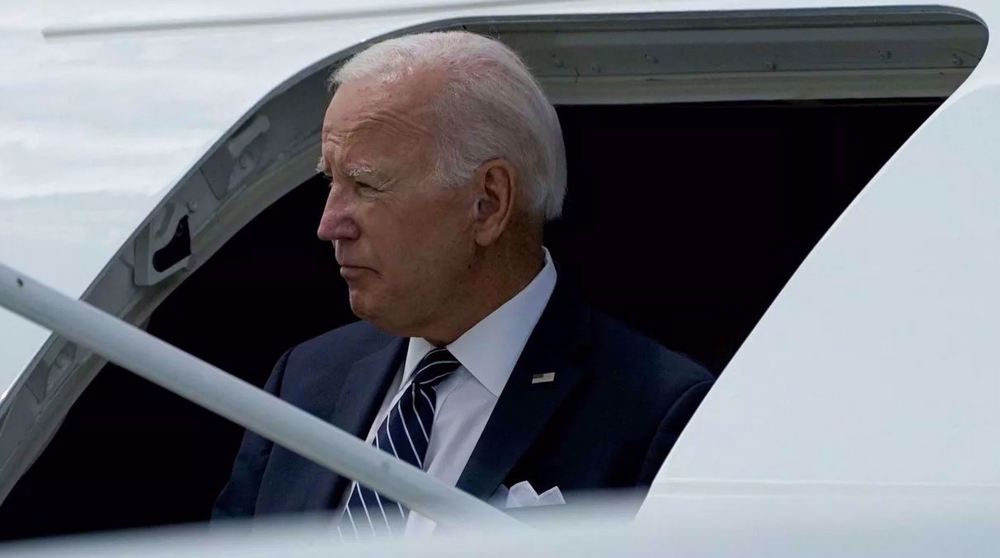
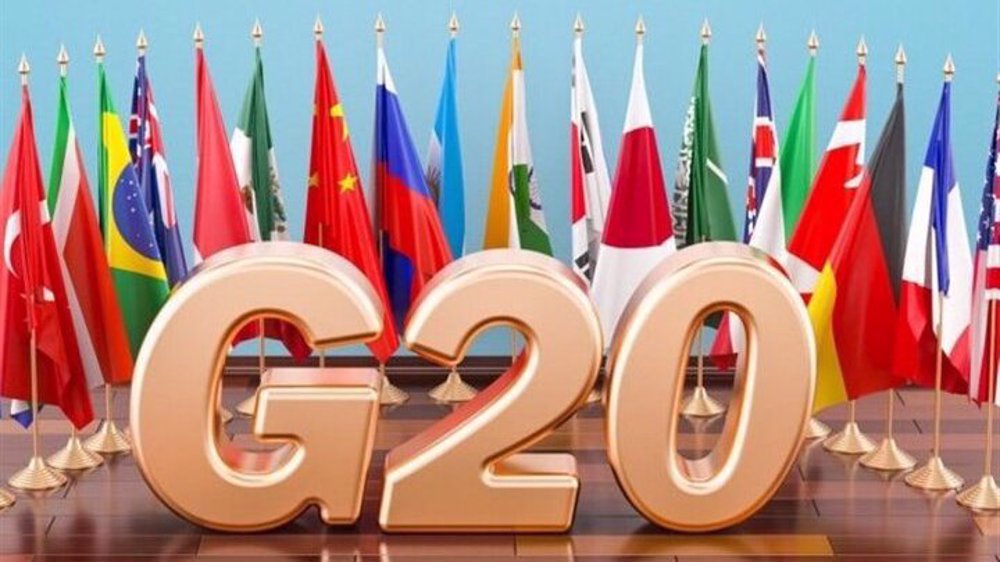
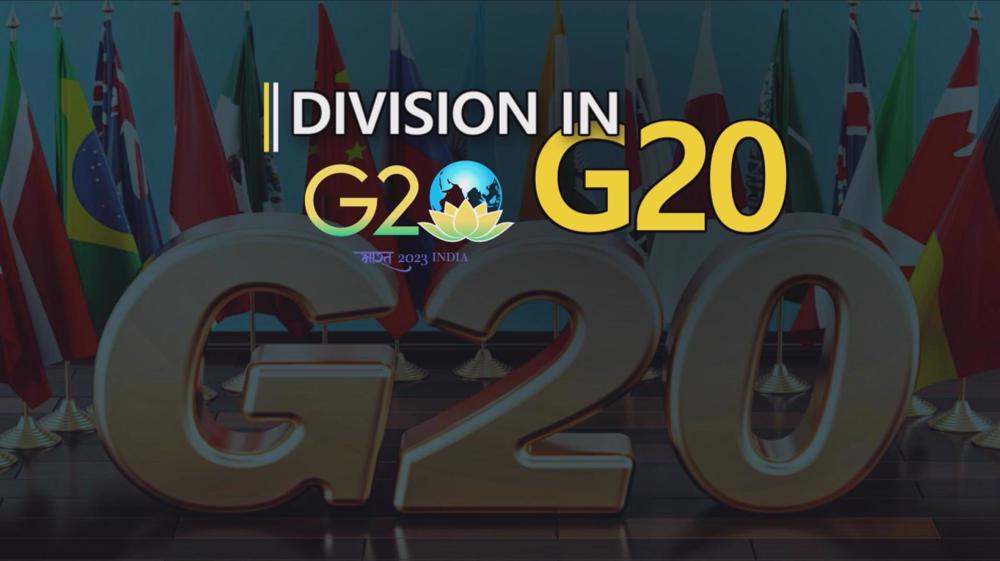
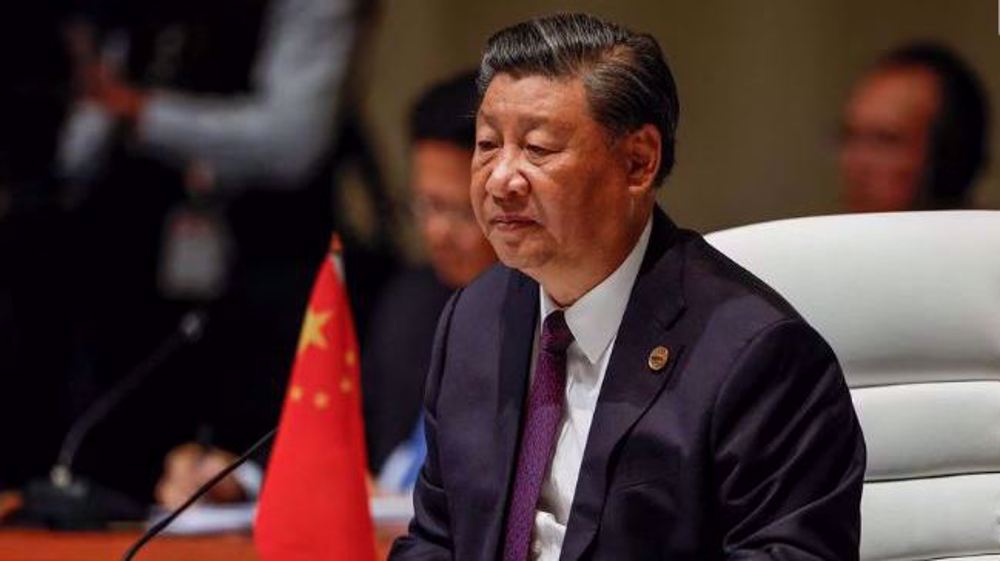




 This makes it easy to access the Press TV website
This makes it easy to access the Press TV website